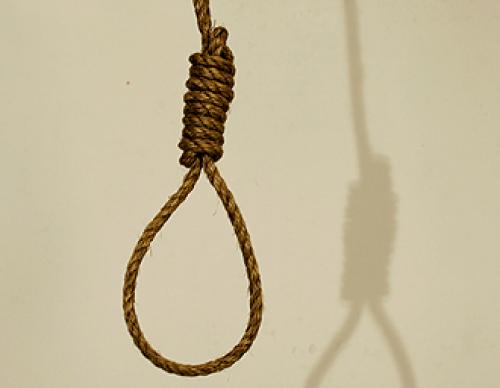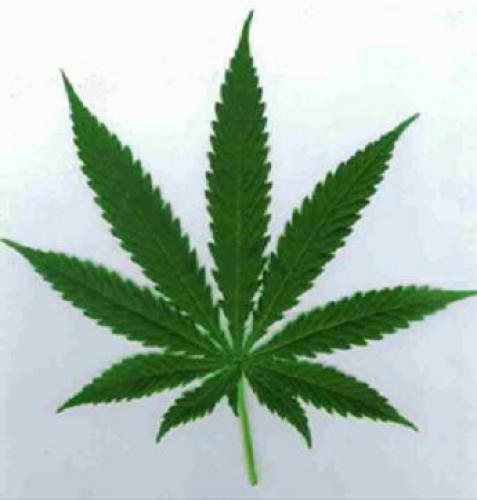government: constitutional monarchy
state of civil and political rights: Partly free
constitution: 31 August 1957 (amended many times, latest in 2007)
legal system: based on English common law; judicial review of legislative acts in the Supreme Court at request of supreme head of the federation; Islamic law is applied to Muslims in matters of family law and religion;
legislative system: bicameral Parliament (Parlimen) consists of Senate (Dewan Negara) and the House of Representatives (Dewan Rakyat)
judicial system: Civil Courts include Federal Court, Court of Appeal, High Court of Malaya on peninsula Malaysia, and High Court of Sabah and Sarawak; Sharia Courts include Sharia Appeal Court, Sharia High Court, and Sharia Subordinate Courts; decisions of Sharia courts cannot be appealed to civil courts
religion: Muslim 60.4%, Buddhist 19.2%, Christian 9.1%, Hindu 6.3, others
death row: 300 (Sources: ipsnews, 26/08/2007)
year of last executions: 0-0-0
death sentences: 107
executions: 1
international treaties on human rights and the death penalty:Convention on the Rights of the Child (made reservation to Art.37 which prohibits the application of the death penalty to minors under eighteen)
situation:
In Malaysia capital crimes include murder, terrorist acts, treason, kidnapping, rape, drug trafficking and possession of arms.
The Penal Code, under Section 302, makes the penalty for murder mandatory death by hanging. Malaysia imposes mandatory death sentences for other offences like terrorism, and for poisoning of the water supply causing death.
The Dangerous Drugs Act 1952, at Section 39B on possessing and distributing drugs, also carries a mandatory death sentence. Possession of 200 grams of cannabis is enough to put one away for a 20-year life sentence. Trafficking in more than 200 grams of dangerous drugs carries a death sentence.
A 1961 law on kidnapping prescribes a life sentence or the death penalty preceded by a whipping.
In January 2003 the death penalty was instated as mandatory punishment for rapists who cause death and child rapists.
On March 6, 2007, a new amendment to the Malaysian penal code went into effect calling for the death penalty as a mandatory sentence for terrorist acts that cause death. Providing terrorists with ordinance, training, equipment or money, as well as offering terrorists refuge or hiding information concerning terrorists, all fall under the definition of a terrorist act. In investigating these crimes, police can process and arrest suspects without due process and there is no possibility of release on bail. In the event that the terrorist act does not cause death, the new law provides for prison terms ranging from 7 to 30 years.
The Malaysian High Courts only try criminal cases punishable with the death penalty. Death sentences issued by a High Court can be appealed at the Court of Appeal. If an appeal is unsuccessful a death row inmate can have resort to the Federal Court. The last resort is the State Pardons Board. The King alone is empowered to commute death sentences.
In general about two years pass between the passing of a death sentence and the execution of the person condemned. Some appeals processes however exceeded 10 years. According to recent reports in the semi-official newspaper New Straits Times, some prisoners who have been convicted of murder, drug trafficking and firearms possession offences have been held in prison for periods between 10 and 22 years.
On February 3, 2005, Malaysia revealed it had executed 358 people by hanging in the past 24 years. Many of them had been sentenced for drug offences. Opposition leader, Lim Kit Siang, said he received the statistics from Prime Minister, Abdullah Ahmad Badawi, in response to a written question submitted in parliament. The figures also revealed that 50 foreign nationals had been hanged, including 46 for for drug offences.
In January 2008, “Malaysians Against Death Penalty” estimated the number of inmates on death row in Malaysia to be as high as 300, mostly for drug offences.
The carrying out of the death sentences is shrouded in secrecy, as dates of executions are not reported and details of those who have been or will be executed are not made public.
Under current Malaysian law and practices arrested persons have no immediate access to lawyers, no immediate right to a phone call and no right to full pre-trial disclosure.
In 2006, one execution took place in Malaysia. Before that, last execution was carried out on December 27, 2002, when three men were hanged at the Kajang prison.
At least one execution was carried out in 2008.
On December 18, 2008, Malaysia voted against the Resolution on a Moratorium on the Use of the Death Penalty at the UN General Assembly.
















